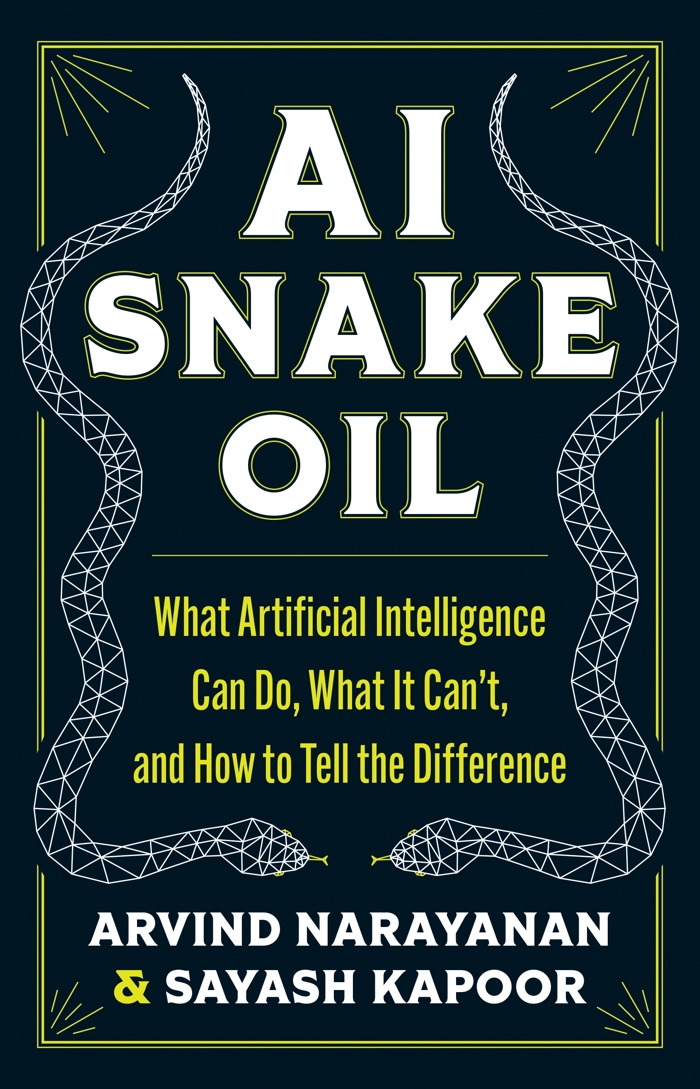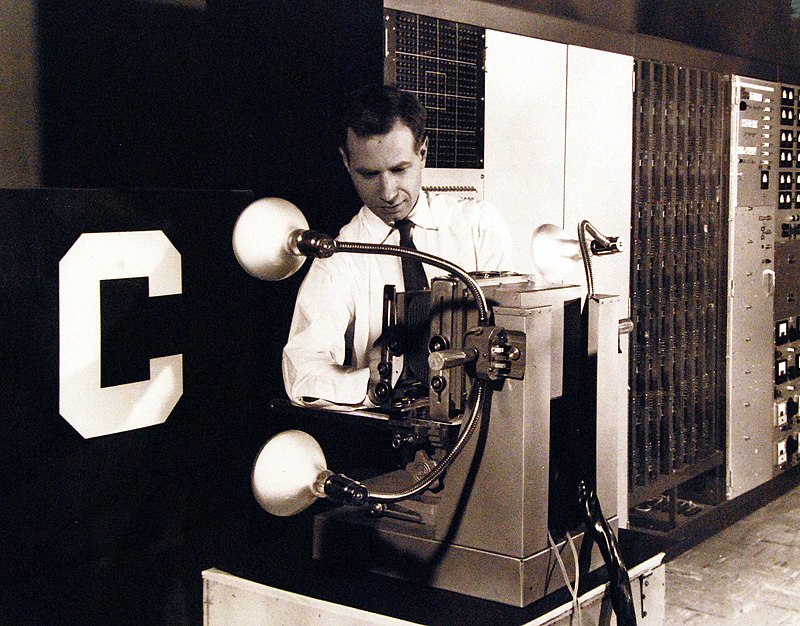Cheap Homeowners Insurance Rates in New Egypt NJ
Posted in: UncategorizedObtaining cheap homeowners insurance in New Egypt, New Jersey can be a daunting task, especially with the rising costs of living and insurance in general. However, it is possible to find affordable rates by comparing quotes from different insurance companies and looking for discounts that you may be eligible for. In this article, we will explore the costs and reviews for five different insurance companies used in New Egypt, NJ, as well as discuss common coverage options and exclusions for homeowners insurance.
Costs and Reviews for 5 Different Insurance Companies in New Egypt, NJ
1. State Farm Insurance
State Farm is a well-known insurance company that offers homeowners insurance in New Egypt, NJ. Their rates are competitive, and they offer a variety of discounts for policyholders. State Farm has received positive reviews for their customer service and claims process, making them a popular choice for homeowners in the area.
2. Allstate Insurance
Allstate is another reputable insurance company that offers homeowners insurance in New Egypt, NJ. Their rates may be slightly higher than some other companies, but they provide excellent coverage options and customer service. Allstate has received mixed reviews, with some customers praising their responsiveness and others mentioning issues with claims processing.
3. Farmers Insurance
Farmers Insurance is a well-established insurance company that offers homeowners insurance in New Egypt, NJ. They have competitive rates and a variety of coverage options to choose from. Farmers Insurance has received generally positive reviews for their customer service and claims handling, making them a popular choice for homeowners in the area.
4. Liberty Mutual Insurance
Liberty Mutual is a large insurance company that offers homeowners insurance in New Egypt, NJ. They have competitive rates and a variety of discounts available to policyholders. Liberty Mutual has received mixed reviews, with some customers praising their coverage options and others mentioning issues with claims processing.
5. Progressive Insurance
Progressive is a well-known insurance company that offers homeowners insurance in New Egypt, NJ. They have competitive rates and a variety of coverage options to choose from. Progressive has received generally positive reviews for their customer service and claims handling, making them a popular choice for homeowners in the area.
Common Things Covered and Not Covered on a House
1. Covered: Dwelling Coverage
Dwelling coverage protects the structure of your home against damage from perils like fire, wind, hail, and vandalism.
2. Covered: Personal Property Coverage
Personal property coverage protects your belongings inside your home, such as furniture, clothing, and electronics, in case of theft or damage.
3. Covered: Liability Coverage
Liability coverage protects you in case someone is injured on your property and files a lawsuit against you.
4. Covered: Additional Living Expenses
Additional living expenses coverage pays for temporary living expenses if your home is uninhabitable due to a covered loss.
5. Covered: Medical Payments
Medical payments coverage pays for medical expenses if someone is injured on your property, regardless of who is at fault.
6. Not Covered: Flood Damage
Most homeowners insurance policies do not cover flood damage, so you may need to purchase a separate flood insurance policy if you live in a flood-prone area.
7. Not Covered: Earthquake Damage
Earthquake damage is typically not covered by homeowners insurance, so you may need to purchase a separate earthquake insurance policy if you live in an area prone to earthquakes.
8. Not Covered: Wear and Tear
Homeowners insurance does not cover damage from normal wear and tear, so it is important to properly maintain your home to prevent costly repairs.
16 Common Questions About Homeowners Insurance
1. Do I need homeowners insurance?
Yes, most mortgage lenders require homeowners insurance to protect their investment in your home.
2. How much homeowners insurance do I need?
It is recommended to have enough coverage to rebuild your home and replace your belongings in case of a total loss.
3. How can I lower my homeowners insurance premium?
You can lower your premium by increasing your deductible, bundling your home and auto insurance, and taking advantage of discounts.
4. What discounts are available for homeowners insurance?
Common discounts include multi-policy, home security system, and claims-free discounts.
5. What factors affect my homeowners insurance premium?
Factors that can affect your premium include the age and condition of your home, your location, and your claims history.
6. Can I change my homeowners insurance policy mid-term?
Yes, you can make changes to your policy mid-term, such as adding or removing coverage or changing your deductible.
7. What is the claims process for homeowners insurance?
To file a claim, you will need to contact your insurance company, provide documentation of the damage, and work with an adjuster to assess the loss.
8. What is the difference between actual cash value and replacement cost coverage?
Actual cash value coverage pays for the depreciated value of your belongings, while replacement cost coverage pays for the cost to replace them with new items.
9. Can I insure my home for more than its market value?
Yes, you can insure your home for more than its market value to ensure you have enough coverage to rebuild in case of a total loss.
10. What is the difference between named perils and open perils coverage?
Named perils coverage only protects against specific perils listed in your policy, while open perils coverage protects against all perils except those specifically excluded.
11. How often should I review my homeowners insurance policy?
It is recommended to review your policy annually to make sure you have adequate coverage and are taking advantage of any available discounts.
12. Can I cancel my homeowners insurance policy at any time?
Yes, you can cancel your policy at any time, but you may be subject to a cancellation fee or penalty.
13. What is the role of an insurance agent in homeowners insurance?
An insurance agent can help you understand your coverage options, find discounts, and assist you in filing a claim.
14. What is the difference between replacement cost and market value?
Replacement cost is the cost to rebuild your home, while market value is the price your home would sell for on the open market.
15. Can I insure a rental property with homeowners insurance?
No, you will need to purchase a landlord insurance policy to protect a rental property.
16. What should I do if my homeowners insurance claim is denied?
If your claim is denied, you can appeal the decision, provide additional documentation, or seek legal advice.
In conclusion, obtaining cheap homeowners insurance in New Egypt, NJ is possible by comparing quotes from different insurance companies and looking for discounts that you may be eligible for. It is important to understand the common coverage options and exclusions for homeowners insurance to ensure you have adequate protection for your home. By asking the right questions and working with an experienced insurance agent, you can find a policy that meets your needs and budget.



